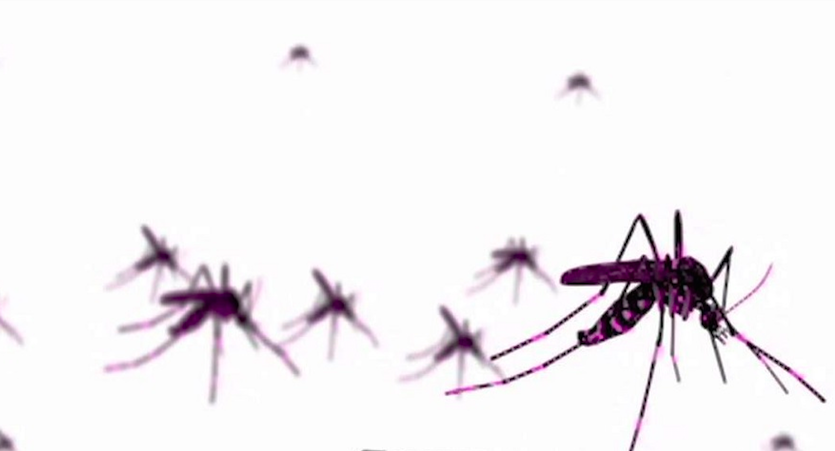
MONTGOMERY, Ala. — The Alabama Department of Public Health on Tuesday announced the Yellowhammer State now has 25 confirmed cases of Zika in 16 counties, all of which are travel related.
Counties with confirmed cases include Calhoun, Cullman, Etowah, Houston, Jefferson, Lawrence, Limestone, Madison, Montgomery, Morgan, Shelby, St. Clair, Talladega and Tuscaloosa.
“We have been working with a variety of partners, including the Centers for Disease Control and Prevention (CDC) and the medical community, to identify individuals who need to be tested for the Zika virus and those who have tested positive,” said State Health Officer Dr. Tom Miller. “Additional precautions are needed for pregnant woman and women of childbearing age. Public environmentalists have been helping communities reduce mosquito breeding grounds around their homes and communities.”
So with numerous new cases in the state, should Alabamians worry about a larger outbreak? The short answer is no.
“But you definitely need to be vigilant,” well-known internal medicine doctor Jorge Rodriguez cautions. “For me, any viral disease that starts growing very quickly is very dangerous. Right now, if you are a woman of child-bearing age, especially if you are pregnant, you shouldn’t go to any of the places where this virus is endemic…meaning, primarily South and Central America.”
Dr. David Freedman, a professor of medicine and epidemiology at UAB, said neither the Southeast nor Alabama has the density of the mosquito responsible for spreading the virus to cause widespread infection.
Zika virus is spread mainly through the bites of Aedes species mosquitoes but also can be transmitted through infected blood and sex. Only about 1 in 5 people infected with the virus become ill, according to the Centers for Disease Control and Prevention. For those who do get sick, Freedman describes Zika as “like a bad flu with a rash.” Symptoms include fever, rash, joint and muscle pain, red eyes and headache.
Those who are at the greatest risk are women who are pregnant or may become pregnant.
That’s because the Zika virus, after a widespread outbreak in Brazil in early 2015, has been linked to a spike in microcephaly in babies born in the virus-affected areas. Microcephaly is an abnormal smallness of the head, with complications that include developmental delays, stunted growth, seizures and mental retardation.
The best thing health officials suggest is not traveling to places with confirmed Zika outbreaks. In Alabama, experts advise residents to take serious precautions against mosquitoes – like eliminate pools of stagnant water, stay in screened-in or air conditioned rooms, wear long sleeved shirts and pants, and always apply mosquito repellent.










